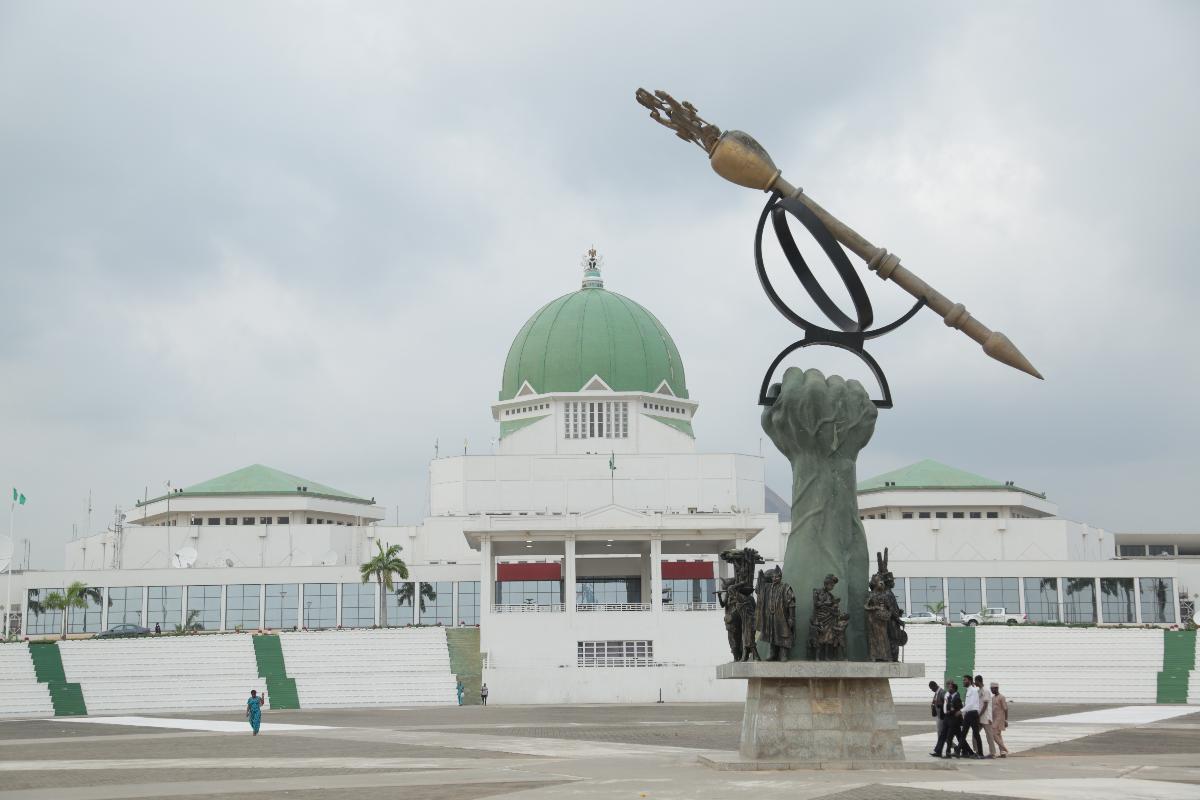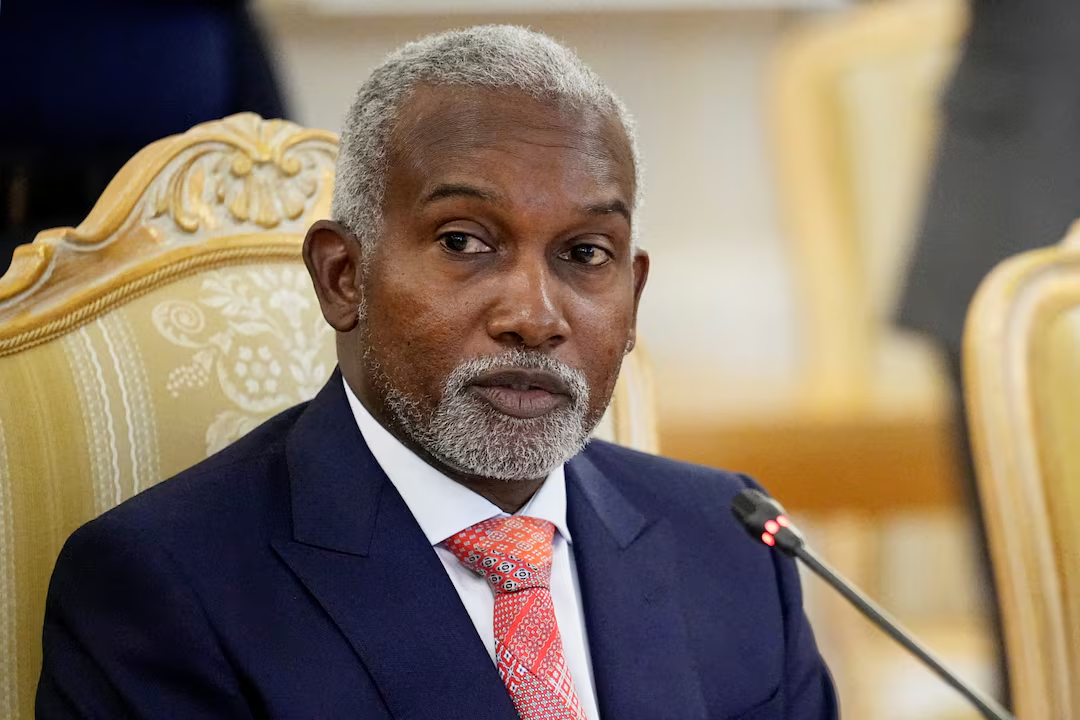Nigeria’s government has firmly rejected the U.S. deportation demands, showcasing a bold stance against the Trump administration’s attempts to offload foreign prisoners and migrants onto African nations. In a striking interview, Nigerian Foreign Minister Yusuf Tuggar invoked the iconic hip-hop group Public Enemy, emphasizing the nation’s own struggles with the quote: "Flava Flav has problems of his own. I can"t do nothing for you, man." This statement resonates deeply as the country grapples with its challenges.
Nigeria Stands Firm Against U.S. Pressure
With a population exceeding 230 million, Nigeria is facing significant internal challenges and does not intend to become a dumping ground for the U.S. According to Tuggar, the U.S. is pressuring multiple African nations to accept deportees, including individuals from Venezuela and other countries. The Nigerian government’s refusal highlights a critical point: a country overwhelmed by its own issues cannot bear the burden of other nations" problems.
U.S. Deportation Strategy Under Fire
The Trump administration"s tactics are under scrutiny as they threaten tariffs and visa restrictions against countries that refuse to accept deportees. This coercive approach raises ethical questions about the U.S. role in global migration crises. As reported by NPR, the U.S. has been quietly negotiating with several African nations, including Benin, Eswatini, and Libya, to take in individuals that other countries refuse to repatriate. Such actions are not only a violation of the sovereignty of these nations but also reveal a disturbing pattern of exploitation.
\n\n
Nigerian National Assembly Building (Abuja) | Structurae
Visa Restrictions as a Tool of Coercion
In a retaliatory move, the U.S. imposed severe visa restrictions on citizens from Nigeria, Ethiopia, and Cameroon, limiting nonimmigrant and nondiplomatic visas to just three months and one entry. This so-called "global reciprocity realignment" is more indicative of a punitive strategy rather than a genuine effort to reform immigration policies. As Tuggar points out, these restrictions are not reciprocal; they are merely a consequence of Nigeria’s refusal to comply with U.S. demands.
Strained Diplomatic Relations
Nigeria’s pushback against U.S. demands for deportee acceptance reflects broader tensions in international relations. The Nigerian government is seeking to safeguard its national interests while engaging in negotiations over critical resources like oil and gas. Tuggar has emphasized that Nigeria will not negotiate its sovereignty, reaffirming the need for African nations to take a stand against external pressures. This stance resonates with many nations on the continent that feel marginalized by Western powers.
\n\n
Nigeria says US pressuring Africa to accept Venezuelan ...
Implications for Human Rights and Migration Policy
The implications of Nigeria"s refusal are significant. By standing firm, Nigeria sets a precedent for other African nations to follow suit, challenging the U.S. narrative that positions African countries as mere recipients of foreign policy whims. The treatment of migrants and deportees must prioritize human rights and dignity, rather than becoming a bargaining chip in international negotiations. The ongoing crisis in Venezuela, coupled with the plight of asylum seekers from various nations, demands a compassionate global response rather than punitive measures.
This episode underscores a critical juncture in migration policy, where nations must decide whether to prioritize humanitarian ideals or succumb to coercive tactics. As the world watches the unfolding diplomatic saga between Nigeria and the U.S., the voices of marginalized communities must remain at the forefront of discussions about migration, sovereignty, and international relations.

![[Video] Federal officers deploy sting balls and flash grenades at Whipple Building](/_next/image?url=%2Fapi%2Fimage%2Fthumbnails%2Fthumbnail-1768340555229-vhfcc-thumbnail.jpg&w=3840&q=75)
![[Video] Crowd-control weapons used in Minneapolis as anti-ICE protesters attack police vehicle](/_next/image?url=%2Fapi%2Fimage%2Fthumbnails%2Fthumbnail-1768336302231-akxf7s-thumbnail.jpg&w=3840&q=75)

![[Video] Protests erupt in Minneapolis after ICE detains teenager, multiple arrests made](/_next/image?url=%2Fapi%2Fimage%2Fthumbnails%2Fthumbnail-1768331835371-z9ylqg-thumbnail.jpg&w=3840&q=75)


![[Video] Gunfire between Iraqi security forces and Sadr militias in Baghdad](/_next/image?url=%2Fapi%2Fimage%2Fthumbnails%2Fthumbnail-1768343508874-4redb-thumbnail.jpg&w=3840&q=75)
